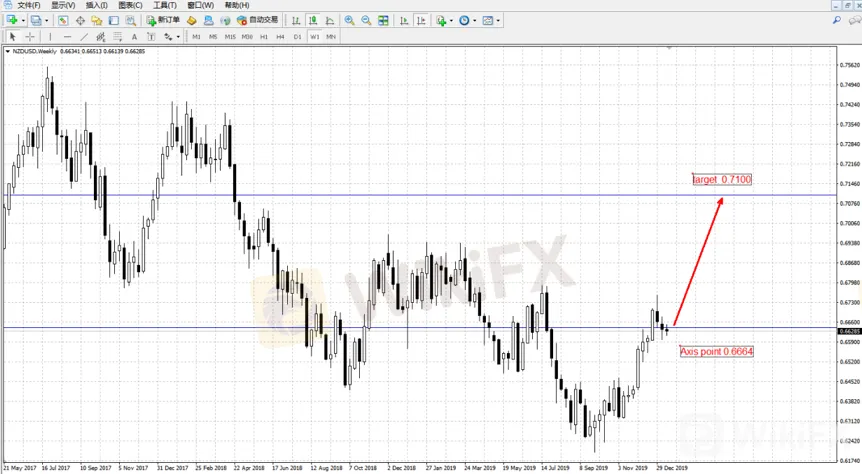简体中文
繁體中文
English
Pусский
日本語
ภาษาไทย
Tiếng Việt
Bahasa Indonesia
Español
हिन्दी
Filippiiniläinen
Français
Deutsch
Português
Türkçe
한국어
العربية
New Zealand’s Economy Faces More Upside Risks
Abstract:It’s believed that New Zealand's economy will maintain a slow growth in the first half of 2020, and then gradually pick up speed. The upside risks for the economy are greater than downside risks. The Reserve Bank of New Zealand is expected to lower its cash rate in May. Investors should focus more on the big picture of the country’s economy and keep an eye on relevant news events in New Zealand.
It‘s believed that New Zealand's economy will maintain a slow growth in the first half of 2020, and then gradually pick up speed. The upside risks for the economy are greater than downside risks. The Reserve Bank of New Zealand is expected to lower its cash rate in May. Investors should focus more on the big picture of the country’s economy and keep an eye on relevant news events in New Zealand.
First, in the past year, New Zealand's economy has not been entirely in the hands of locals, but subject to the impact of various factors such as weather, natural disasters, commodity prices, global geopolitics, global credit markets and the New Zealand dollar trend.
More specifically, investors also need to pay attention to indicators that are the most relevant to policy-make, such as credit availability, business confidence indices, details of government infrastructure spending real estate markets and indicators reflecting resource constraints and inflationary pressures in the economy.
In addition, whether the Renminbi will remain robust and whether recovery of Asian exports is sustainable also significantly influence the trend of the New Zealand dollar, while the US election and the challenges facing regional economic recovery will also weigh on Asian stock market in the second half of the year.
We believe that for NZD / USD, the target is 0.65 at the end of March, 0.66 at the end of September, and 0.67 at the end of the year. Compared with the fair price,which is around 0.71 according to model estimation, the NZD is relatively undervalued, and it is expected that the NZD will have upside risks.

Disclaimer:
The views in this article only represent the author's personal views, and do not constitute investment advice on this platform. This platform does not guarantee the accuracy, completeness and timeliness of the information in the article, and will not be liable for any loss caused by the use of or reliance on the information in the article.
WikiFX Broker
Latest News
AIMS Broker Review
The Hidden Checklist: Five Unconventional Steps to Vet Your Broker
Russia to Fully Ban Crypto Mining in 10 Regions Starting January 1, 2025
YAMARKETS' Jingle Bells Christmas Offer!
Why is there so much exposure against PrimeX Capital?
Two Californians Indicted for $22 Million Crypto and NFT Fraud
WikiFX Review: Is Ultima Markets Legit?
Colorado Duo Accused of $8M Investment Fraud Scheme
MTrading’s 2025 "Welcome Bonus" is Here
Malaysia Pioneers Zakat Payments with Cryptocurrencies
Currency Calculator


